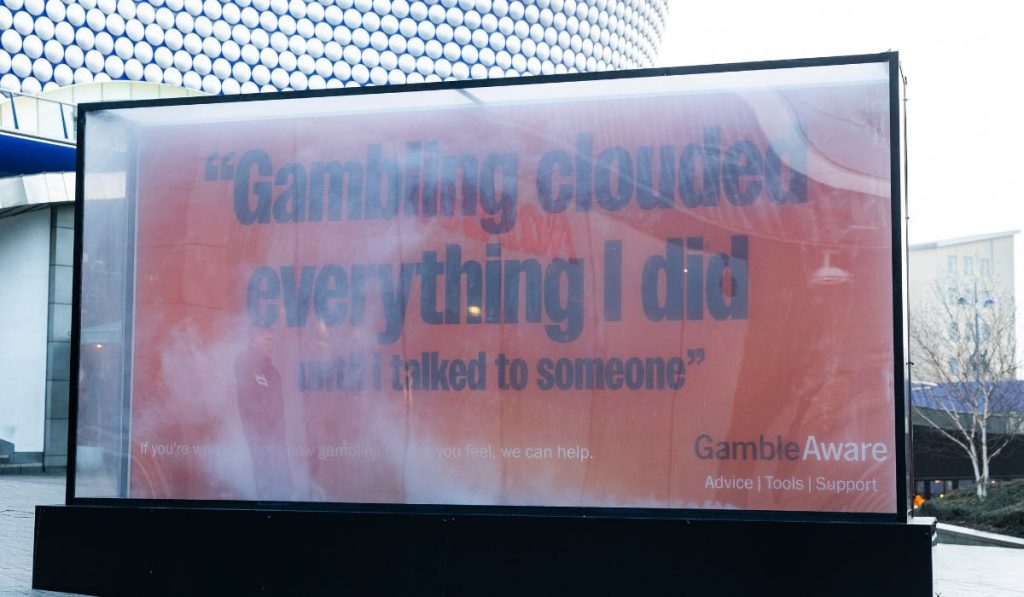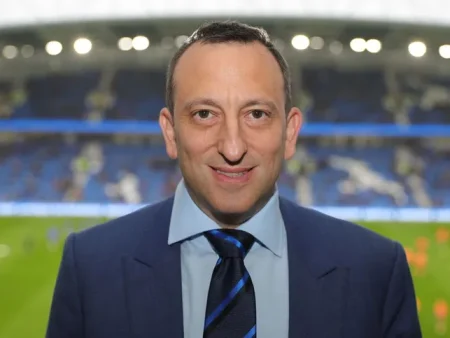
GambleAware continues to push for a ban on gambling ads at sporting events. This argues that such a measure has the public’s backing. The charity has cited recent research that underscores public support for stricter controls on gambling advertising.
GambleAware believes the betting industry is growing and calls for a more impactful approach. The charity was happy that the white paper didn’t include any noteworthy changes in gambling advertising. However, it praised many of the safer gambling measures outlined in the Gambling Act white paper. People believe it to be a missed opportunity.
GambleAware called on the next government to fully commit to protecting British consumers as the elections approach. This is to protect them from harm and ban the promotion on gambling at sports events. The extreme measure would include the removal of sponsorship logos from jerseys of the players and merchandise. Moreover, the removal on non-stadium advertisements.
Even though Premier League teams vowed to give up front-of-shirt sponsorships, experts argued that hoarding sponsorships are much more visible. They also said these sponsorships are more dangerous.
During the UEFA Euro 2024, concerns arise amidst a spike in betting activity and advertising efforts. Zoe Osmond, the chief executive of GambleAware, emphasized that gambling advertising has been largely overlooked. She pointed out that it exposes vulnerable groups to risks of harm.
She also stated that GambleAware would have called on the government to ban ads. This would have been the case even if there hadn’t been an upcoming election.
The main argument for the lack of advertising-related measures on the white paper has been that the effects of gambling ads have not been competently studied to confirm a link with gambling harm.
Betting & Gaming Council also echoed these sentiments.


